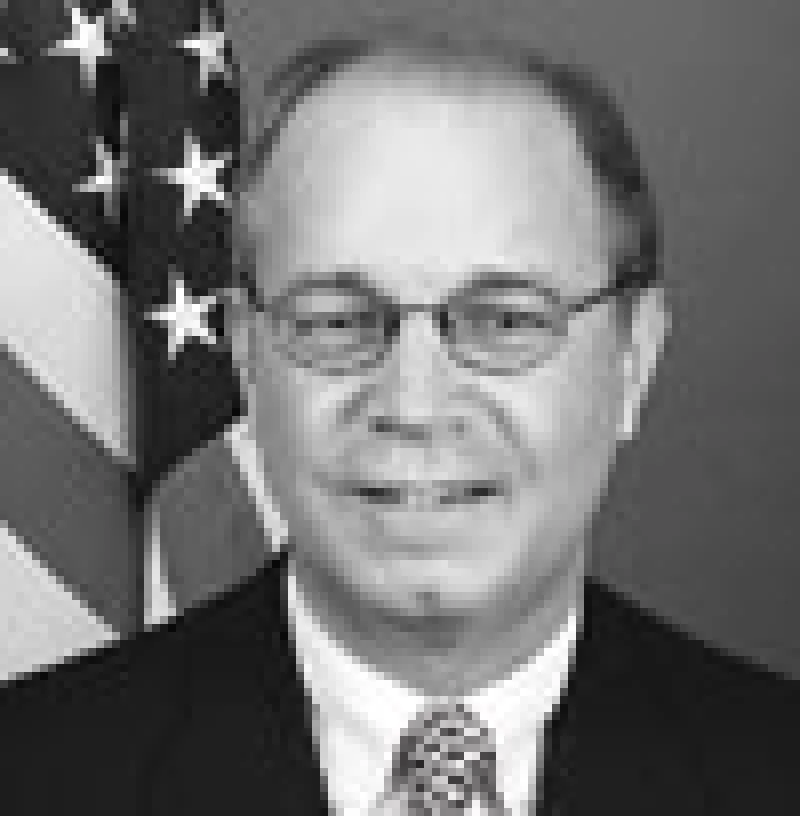As one of the U.S. Securities and Exchange Commission’s longest-serving cops on the beat, Robert Plaze has seen his share of booms, busts and frauds. In an exclusive interview, he tells Institutional Investor how the agency is tightening rules to prevent future scams like the Bernie Madoff swindle.
The SEC’s reputation was tarnished by its failure to detect a $50 billion-plus Ponzi scheme despite detailed warnings from investigator Harry Markopolos. Criticism of its faulty oversight has spurred the agency to take action, and Plaze, 53, is helping to lead the charge. As associate director of the SEC’s Division of Investment Management, the division’s No. 2 official and chief rule writer, Plaze recently proposed an amendment that would require investment advisers who maintain custody of client assets to undergo more-stringent reviews, and occasional surprise exams, by outside accountants. Regulators believe that Madoff’s combined role as custodian and fund manager enabled him to pull off his scam.
Plaze presented the draft regulation at a recent meeting of the five SEC commissioners led by chairman Mary Schapiro, who opened it to public comment until July. Plaze also detailed a new SEC reporting system, the Investment Adviser Registration Depository, that generates spreadsheets listing, for example, every firm that fails to properly inform the agency of changing or terminating its accountants. "In the past when we’ve seen fraud," Plaze said during remarks at the SEC hearing, "an accountant is nowhere is in sight." He spoke to Contributing Writer Rich Blake recently in Washington.
Institutional Investor: Is the custody measure a direct response to the Madoff case?
Plaze: Yes. When Mary Schapiro came to office, she asked our division for options on what the SEC could do to strengthen custody controls.
How many investigations into money management frauds are under way now?
I can’t comment on ongoing investigations. But it’s clear that even a few lawbreakers can cause tremendous damage. The people I talk to are terribly upset by what happened. After you get past the horror and the breast-beating, then you have to really focus on your core responsibility: identifying the controls that can prevent it from happening again.
How does the IARD work?
All advisers report information to us electronically in the IARD. We want to amend the form to capture more information — better information — to lengthen our regulatory reach and leverage our existing resources. If we can identify people who are not in compliance by simply running a report on this system, then we can better deploy our resources.
You’ve mentioned dusting off an old proposal related to public pension funds. Can you expand on that?
The Municipal Securities Rulemaking Board has a regulation, G37, that prohibits broker-dealers and underwriters from making contributions to people who are in a position to select them as bond underwriter. In 1999 the commission proposed standards that would have extended G37 to investment advisers registered with the SEC. If you make a political contribution to a state or local official who’s in position to influence the awarding of a pension fund advisory contract, then you would be disqualified from managing that municipality’s money for two years. Schapiro has called on the division to look at that proposed rule with an eye to making recommendations this summer.
What has changed the most about the SEC since you arrived?
In October 1987, on Black Monday, we were at work all day and didn’t know what was going on. We didn’t have computers back then, and nobody had a TV in his or her office. It wasn’t until someone’s wife called up after the market had closed that anyone here knew we were in the middle of a crash. Now if something’s going on, we know immediately. We have a market-watch room down the hall and around the corner where we can go and see the screens.






